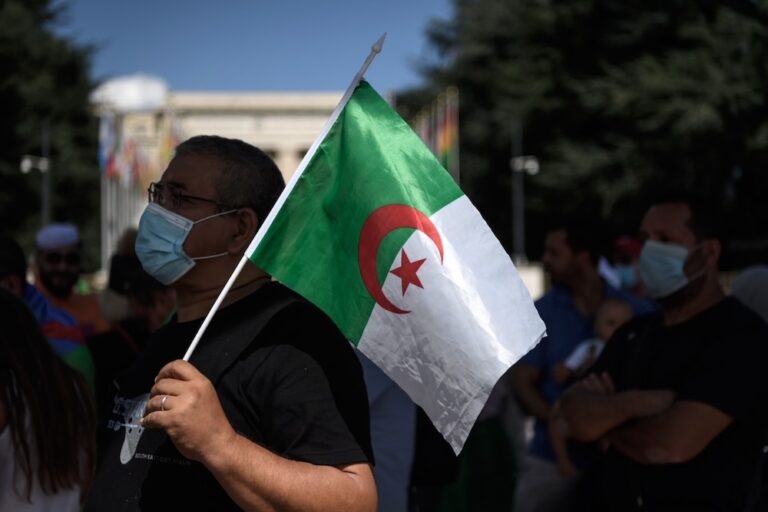In its annual survey of political rights and civil liberties, the organisation concluded that even as the Arab Spring triggered unprecedented progress, it also provoked a backlash, repercussion of which have been felt across the Middle East, Eurasia and Africa.
(Freedom House/IFEX) – Washington – January 19, 2012 – The political uprisings that have swept the Arab world over the past year represent the most significant challenge to authoritarian rule since the collapse of Soviet communism, according to Freedom in the World 2012, the latest edition of Freedom House’s annual global survey of political rights and civil liberties. Yet even as the Arab Spring triggered unprecedented progress in some countries, it also provoked a harsh and sometimes murderous reaction, with many leaders scrambling to suppress real or potential threats to their rule. The repercussions of this backlash have been felt across the Middle East, as well as in China, Eurasia, and Africa.
A total of 26 countries registered net declines in 2011, and only 12 showed overall improvement, marking the sixth consecutive year in which countries with declines outnumbered those with improvements. While the Middle East and North Africa experienced the most significant gains – concentrated largely in Tunisia, Egypt, and Libya – it also suffered the most declines, with a list of worsening countries that includes Bahrain, Iran, Lebanon, Saudi Arabia, Syria, the United Arab Emirates, and Yemen. Syria and Saudi Arabia, two countries at the forefront of the violent reaction to the Arab Spring, fell from already low positions to the survey’s worst-possible ratings.
“We’ve been through a multiyear period in which the world’s authoritarians seemed to be on the march and the democracies appeared to be in retreat,” said David J. Kramer, president of Freedom House. “But the past year’s trends give reason for hope – especially because they arose in a region of the world where many observers dismissed the idea of democratic change as futile. We are at a historic moment, and it is imperative that the United States be fully involved in the difficult process of democracy building that lies ahead.”
Published annually since 1972, Freedom in the World examines the ability of individuals to exercise their political and civil rights in 195 countries and 14 territories around the world. The latest edition analyzes developments that occurred in 2011, and assigns each country and territory a status of Free, Partly Free, or Not Free based on a scoring of their performance on key democracy indicators.
Two countries changed in status this year: The Gambia, which declined from Partly Free to Not Free, and Tunisia, which moved from Not Free to Partly Free in one of the largest single-year improvements in the history of Freedom in the World. Tunisia’s gains came as a result of the ouster of longtime dictator Zine el-Abidine Ben Ali and the holding of free and fair constituent assembly elections.
Three of the world’s more promising young democracies saw a troubling backslide in 2011: Hungary, South Africa, and Ukraine. Although it suffered no net change in score this year, Turkey was also identified as a country of particular concern for a series of political arrests and pressure on media freedom. Among longtime authoritarian states, declines were noted in a number of countries in energy-rich Eurasia, including Azerbaijan and Kazakhstan.
On a positive note, three of the world’s most repressive societies – Burma, Libya, and to a much lesser extent Cuba – experienced improvements. The Asia-Pacific region continued to record steady gains on a majority of indicators.
“Tunisia’s emergence as possibly the Arab world’s first genuine electoral democracy is a development of profound significance,” said Arch Puddington, vice president for research at Freedom House. “Unfortunately, the examples of Ukraine, which suffered major declines, and Turkey, where authoritarian tendencies have risen to the surface, are disturbing reminders of the difficulty of building durable democratic systems. Elections are the first step, but what comes after them may be even more important.”
( . . . )


